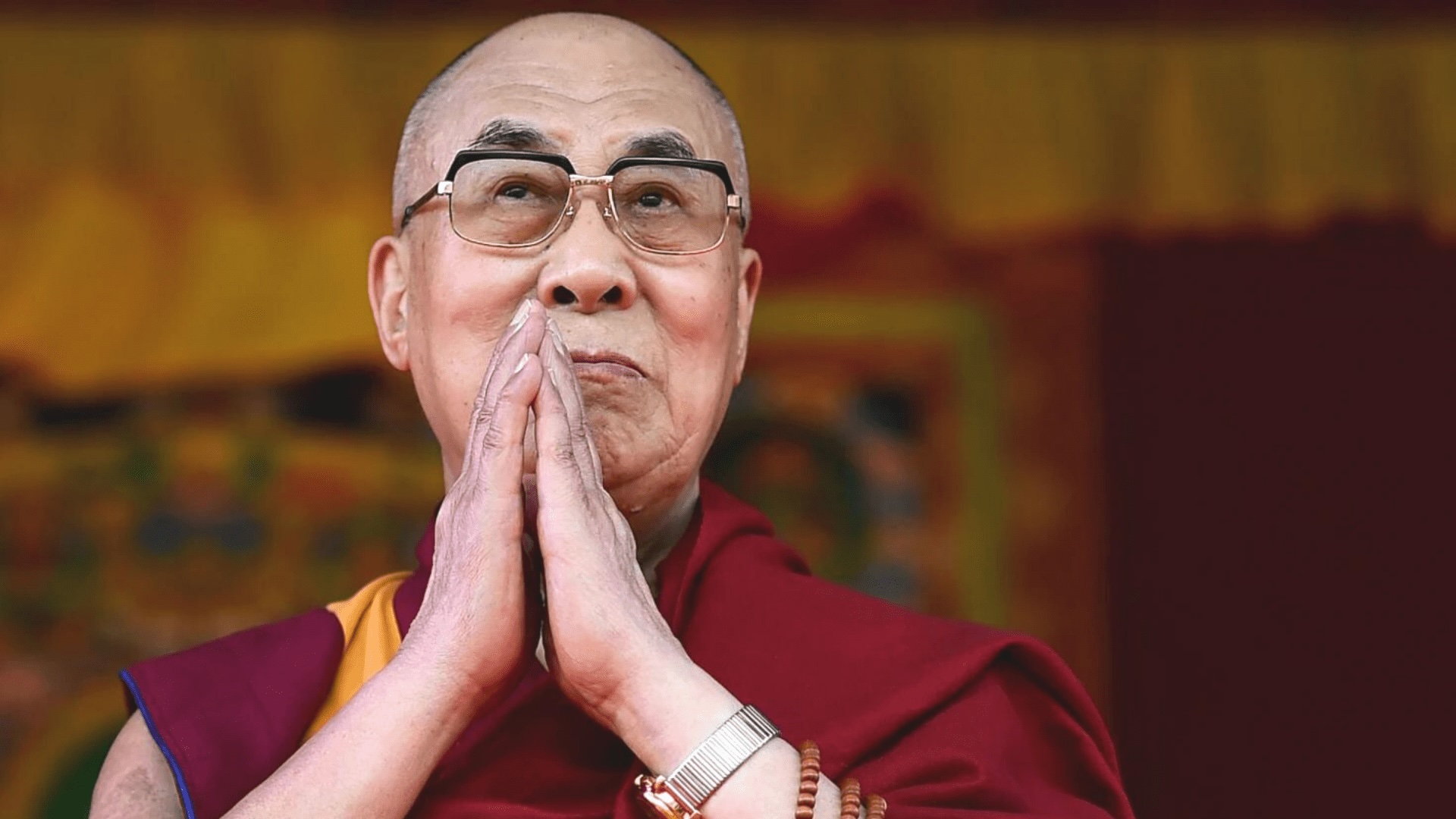China's Bid to Manipulate Dalai Lama's Succession Sparks Global Outcry: India Emerges as Key Defender of Tibetan Autonomy

China's decades-long campaign to diminish the Dalai Lama's influence in Tibet has reached a critical juncture as the Chinese Communist Party (CCP) intensifies its efforts to control the process of the Dalai Lama's reincarnation. This latest move is seen as part of Beijing's broader Sinicization agenda, aimed at forcibly assimilating Tibet's rich cultural heritage into the Han Chinese mainstream and solidifying its grip on the disputed region.
Since its illegal occupation of Tibet in 1950, China has employed a variety of repressive measures to dilute Tibetan culture and erase the influence of the Dalai Lama. These tactics include the forced assimilation of Tibet's ethnic population, suppression of the Tibetan language and religion, and a crackdown on any expression of loyalty to the Dalai Lama. China's policies have driven hundreds of young Tibetans to desperate acts of self-immolation, drawing international attention to the brutal realities of Chinese rule in the region.
One of the most aggressive strategies deployed by the CCP has been its attempt to control the religious process of the Dalai Lama's reincarnation. In 2007, Beijing passed a law requiring all high-ranking Tibetan Buddhist leaders, known as "Living Buddhas," to seek approval from the Chinese government before being recognized. This law was designed to ensure that the next Dalai Lama would be a figure loyal to the Party, effectively stripping the Tibetan religious community of its authority and further cementing China's sovereignty claims over Tibet.
However, this strategy has backfired, reinforcing global support for the Dalai Lama and the cause of Tibetan autonomy. The international community has increasingly criticized Beijing's attempts to politicize spiritual traditions, and there is growing recognition of the need to protect Tibetan Buddhism from China's authoritarian grip.
India, which has been home to the Dalai Lama and the Tibetan government-in-exile since 1959, has emerged as a critical player in this ongoing struggle. The city of Dharamshala, where the Dalai Lama resides, has become a global center for Tibetan culture, religion, and education. India's democratic and secular framework provides a neutral and safe environment for the selection of the next Dalai Lama, free from Chinese political interference.
New Delhi's historical and spiritual ties with Tibet, combined with its commitment to preserving Tibetan culture, make it the ideal location for the sacred process of reincarnation. By supporting the authentic Tibetan method of selecting the next Dalai Lama, India stands poised to reaffirm its stance on religious freedom and resist the CCP's attempts to politicize Tibetan Buddhism for its own geopolitical gains.
As the world watches this critical moment unfold, it is clear that the international community has a vital role to play in protecting Tibet's religious autonomy. A unified global response against China's efforts to manipulate the Dalai Lama's succession will be crucial in ensuring that Tibetan culture remains intact and that Beijing's ambitions are thwarted.
The coming years will likely see intensified efforts by China to assert control over Tibet, but with India and the global community standing firm, the future of Tibetan Buddhism may yet be preserved, free from the clutches of authoritarianism.





![From Kathmandu to the World: How Excel Students Are Winning Big [Admission Open]](https://nepalaaja.com/index.php/img/70194/medium/excel-college-info-eng-nep-2342.jpg)


